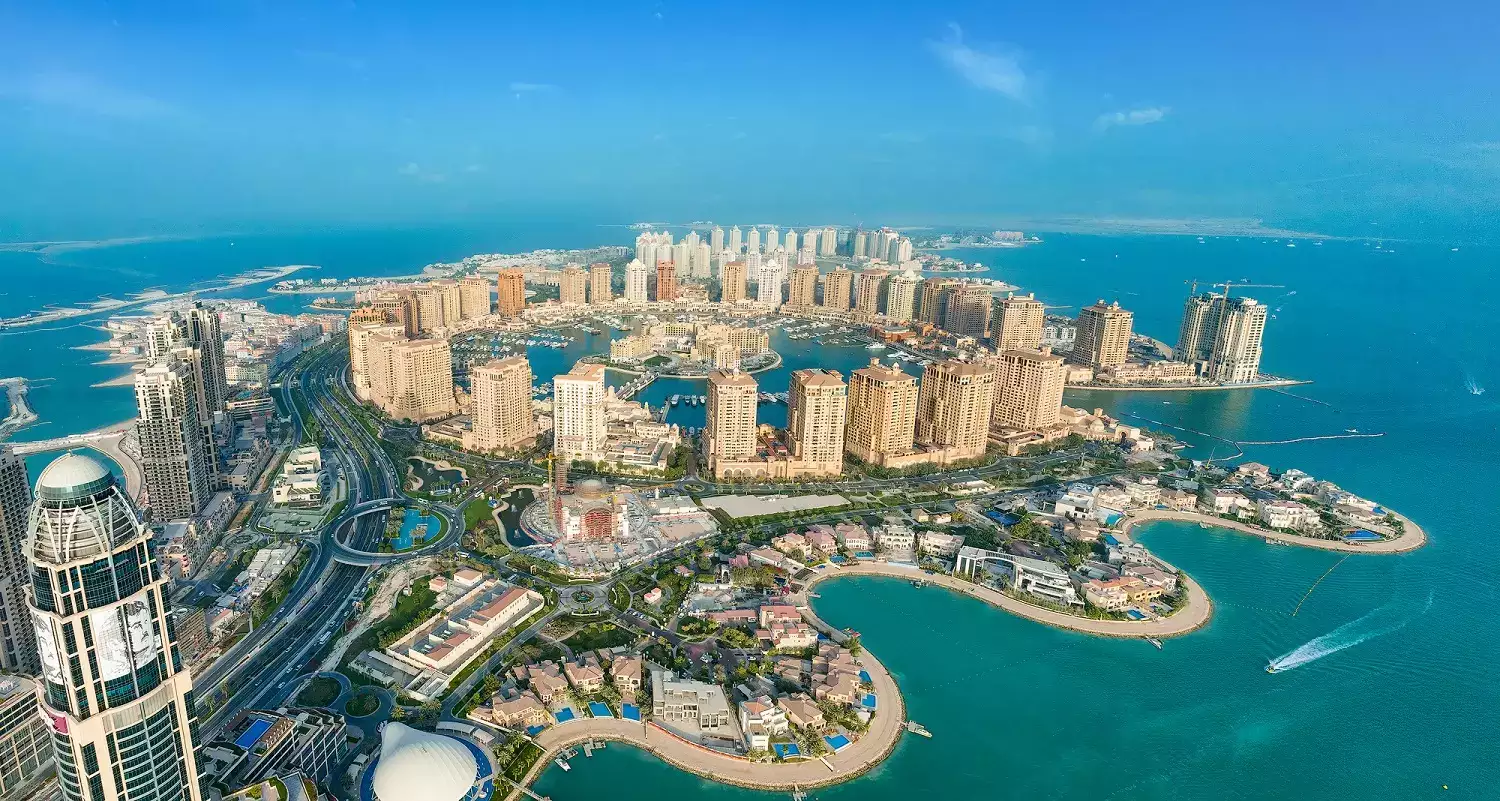Qatar attracted over 4 million visitors in 2023, marking a 58.4 percent growth compared to 2022. Furthermore, in the first four months of 2024, the visitor number had already exceeded 2 million. This was announced by Saad bin Ali Al Kharji, chairman of Qatar Tourism, during the Qatar Economic Forum recently held in Doha.
Al Kharji underscored the pivotal role of tourism in job creation and emphasized the need for continuous infrastructure development to support the rapid growth of sectors such as transportation, agriculture, and construction. During the session “From the Gulf to the World: The Future of Tourism”, he discussed the future of tourism in the Gulf region alongside other panelists, including Ahmed Al-Khateeb, Saudi Arabia’s minister of Tourism, and Sébastien Bazin, group chairman & CEO of Accor.

Al Kharji highlighted the significant impact of the FIFA World Cup 2022 in supporting the region’s tourism industry growth, noting that the tournament contributed to portraying Arabian culture and Gulf heritage to the world, thereby attracting visitors and stimulating interest in the Gulf region’s unique culture. This, in turn, resulted in notable growth in tourism investments, visitor numbers, and the development of new tourist destinations.
Addressing the resilience of the tourism sector, Al Kharji pointed out its ability to adapt to economic and geopolitical conditions and recover rapidly from crises. Despite the challenges, he said, global tourism has rebounded significantly from the impact of the COVID-19 pandemic, with travel levels surpassing 88 percent of pre-pandemic levels worldwide and exceeding pre-pandemic levels in the Middle East.
Al Kharji reiterated the importance of unified efforts and cooperation between Gulf countries, highlighting the development of the unified GCC Tourist Visa and the “Double Discovery” campaign launched jointly by Qatar and Saudi Arabia, which enhance the visitor experience.
Addressing the link between tourism and sustainability, Al Kharji elaborated on Qatar’s commitment to sustainable tourism practices, including wildlife and environmental preservation initiatives such as the conservation of the Whale Shark and Oryx.











